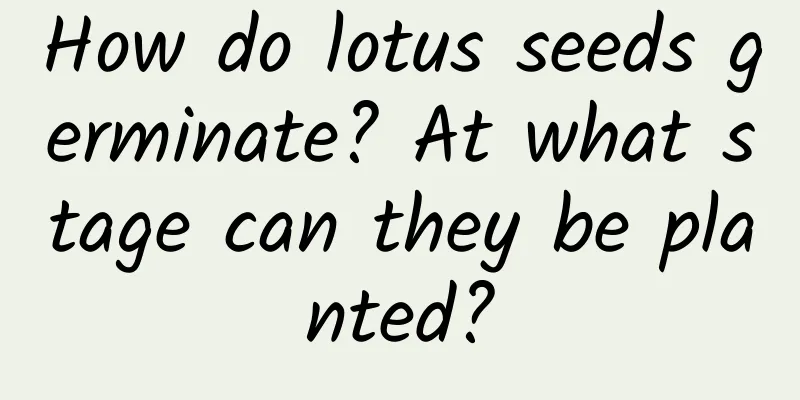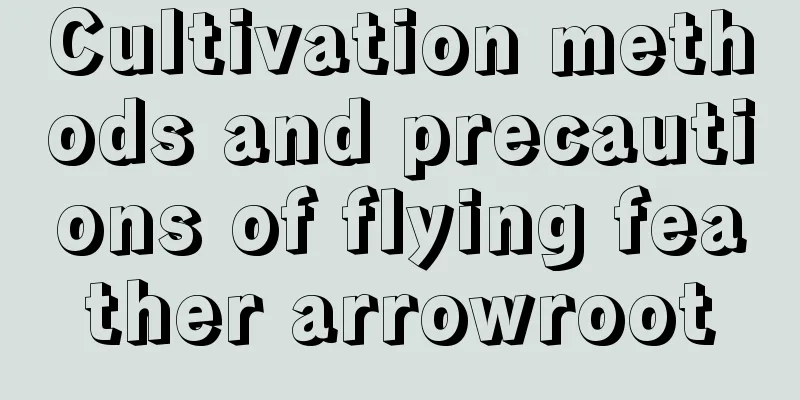Why do tomatoes bloom but not bear fruit?

|
One of the most perplexing problems when growing tomatoes is when the plant appears to be growing vigorously, the leaves are healthy and shiny, the soil is fertile and free of pests and diseases, but it only blooms but does not produce fruit. So what is the reason why tomatoes bloom but do not bear fruit? 1. Pollination issues Tomatoes are self-pollinating plants, but under certain conditions, such as continuous rainy weather or a lack of pollinating insects, natural pollination may be insufficient, resulting in the inability of the flowers to be fertilized and bear fruit normally. 2. Overnutrition Excessive plant growth may be due to excessive fertilization, especially nitrogen fertilizer, which causes excessive vegetative growth of the plant and affects reproductive growth, that is, flowering and fruiting. 3. Insufficient light Tomatoes need sufficient light for photosynthesis and flower bud differentiation. If the lighting time is insufficient or the light intensity is insufficient, it may affect the flowering and fruiting of tomatoes. 4. Moisture management Improper water management, such as over- or under-watering, may affect the growth, development and fruiting of tomatoes. Too much water may cause root diseases, while insufficient water will affect the development of flowers and fruits. 5. Temperature conditions Tomatoes are sensitive to temperature. Too high or too low temperatures will affect flower bud differentiation and pollination. Especially during the flowering period, unsuitable temperature conditions may result in flowers without fruits. 6. Improper pruning Excessive or improper pruning may remove flower buds or affect the plant's ventilation and light transmission, thus affecting fruiting. 7. Hormone Imbalance Changes in plant hormone levels, such as auxin and gibberellins, may affect the development of flowers and fruits. Caution is required when using plant growth regulators so as not to interfere with the natural hormone balance. In short, to prevent this situation, you need to make sure that the tomato plants get enough direct sunlight. Control moisture reasonably, keep the soil moderately moist and avoid waterlogging. Apply fertilizer at the right time and in the right amount, avoid excessive nitrogen fertilizer, and increase phosphorus and potassium fertilizers to promote the development of flowers and fruits. In adverse weather conditions, consider artificial assisted pollination. Prune the plants appropriately and maintain good ventilation and light conditions. Monitor and adjust the temperature to ensure the plants are within the appropriate growth temperature range.
|
<<: How to grow Daniel succulent and how to grow it into an old pile
>>: How to grow seal succulents, what to do if the leaves are wrinkled
Recommend
Do succulents need fertilization? How to fertilize?
We all know that succulents have thick leaves and...
Cultivation methods and precautions of the lucky tree
1. Ventilation When raising a lucky tree at home,...
How many years does it take for trumpet creeper to bloom?
1. How many years does it take to bloom? If you p...
What is the best fertilizer for aloe vera?
Aloe Vera Fertilizer Time Aloe vera is generally ...
How to Plant Red Da Nei Jade
Soil preparation 1 part perlite + 1 part vermicul...
The cultivation methods and precautions of August melon
1. Soil There are certain requirements for soil q...
Is corn the largest crop in China? (Is corn a major food crop in my country?)
Is corn a major crop in China? Corn is the larges...
How to deal with ants in the soil for growing flowers (effective methods to kill ants in the soil of flower pots)
When growing flowers at home, I always worry abou...
When and how to prune grapes
1. Time Grape pruning is usually done after leaf ...
Introduction to common rose diseases and pests and their prevention and control methods
1. Diseases 1. Rust: In the early stage of infect...
Counting the five major schools of Chinese bonsai art, awesome!
Lingnan School Lingnan bonsai has three character...
How to graft Podocarpus
Materials and tools needed for Podocarpus graftin...
How to grow cyclamen
Farming methods Soil selection The culture soil f...
What is leek?
What is leek? Chinese chives are a plant of the g...
Can the fortune tree recover after all its leaves have fallen off?
1. Can it be recovered? Even if all the leaves of...









